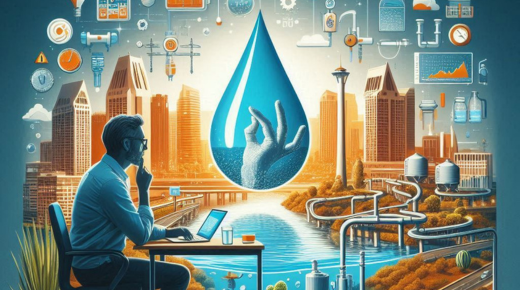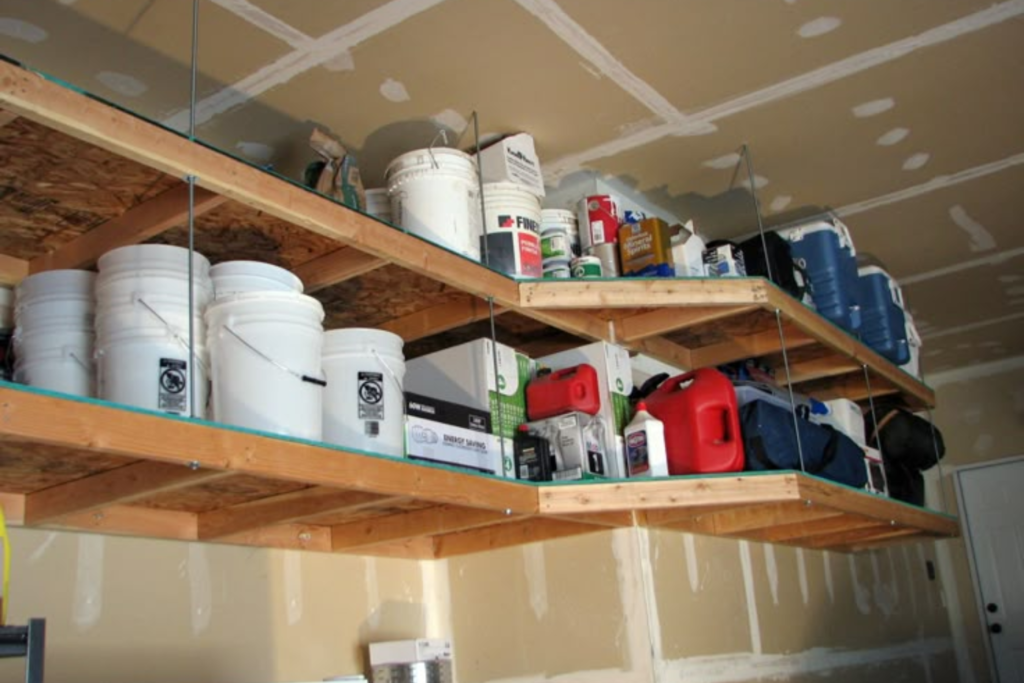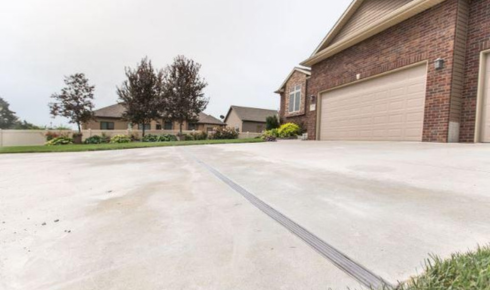Water is a basic necessity for every household, but not all water is created equal. In San Diego, water hardness is a topic of growing concern among residents. If you’ve noticed spots on your dishes, dry skin after a shower, or reduced appliance efficiency, you might be dealing with hard water. But what exactly is hard water, and how does it affect your home and health?
What is Hard Water?
Hard water is water that contains high levels of dissolved minerals, primarily calcium and magnesium. These minerals aren’t harmful to your health, but they can lead to various issues within your home plumbing system, appliances, and even your skin and hair. Water hardness is typically measured in parts per million (ppm) or grains per gallon (gpg), with anything above 7 gpg considered hard.
Does San Diego Have Hard Water?
The short answer is yes, San Diego has hard water. In fact, the region is known for having some of the hardest municipal water in the United States. The average water hardness in San Diego ranges from 250 to 300 ppm, which is classified as “very hard” according to water quality standards. This is mainly due to the region’s water supply, which is sourced from the Colorado River and Northern California—both areas where water passes through mineral-rich terrain, picking up calcium and magnesium along the way.
Why is San Diego Water So Hard?
There are several reasons why hard water in San Diego is so prevalent:
- Water Sources: San Diego imports most of its water from distant sources, such as the Colorado River. As the water travels, it dissolves minerals from rocks and soil, increasing its hardness level.
- Climate: Southern California’s arid climate means less natural dilution of hard water with rainwater, leading to a higher concentration of minerals.
- Infrastructure: Older plumbing systems can also contribute to the hard water problem by allowing mineral deposits to accumulate over time.
How Hard Water Affects Your Home
Living in a city with hard water can lead to several inconveniences and even long-term damage if not addressed properly:
- Plumbing Problems: Mineral deposits can build up in pipes, reducing water flow and increasing the risk of blockages.
- Appliance Efficiency: Hard water can cause scale buildup in appliances like dishwashers, washing machines, and water heaters, reducing their lifespan and efficiency.
- Skin and Hair Issues: Many people report dry, itchy skin and dull hair when using hard water regularly.
- Cleaning Difficulties: Soap and detergents don’t lather well with hard water, leading to soap scum and spotty dishes.
What You Can Do About It
If you’re dealing with water hardness in San Diego, there are a few solutions to consider:
- Water Softeners: These systems replace calcium and magnesium ions with sodium ions, effectively reducing water hardness.
- Conditioners: Unlike softeners, water conditioners don’t remove minerals but instead alter them to prevent scale buildup.
- Routine Maintenance: Regular descaling of appliances and pipes can help extend their lifespan.
- Filter Systems: Some advanced filtration systems can also reduce the effects of hard water, especially for drinking and cooking.
Testing Your Water
Before investing in a water softening solution, it’s a good idea to test your water. You can buy home testing kits or hire a professional to measure the hardness level accurately. Knowing your water’s mineral content will help you choose the right treatment option.
Final Thoughts
Dealing with San Diego hard water can be frustrating, but understanding the problem is the first step to solving it. Whether you’re a homeowner or a renter, taking proactive steps to manage water hardness can protect your health, your appliances, and your peace of mind. With the right water treatment system in place, you can enjoy softer water and all the benefits that come with it.










